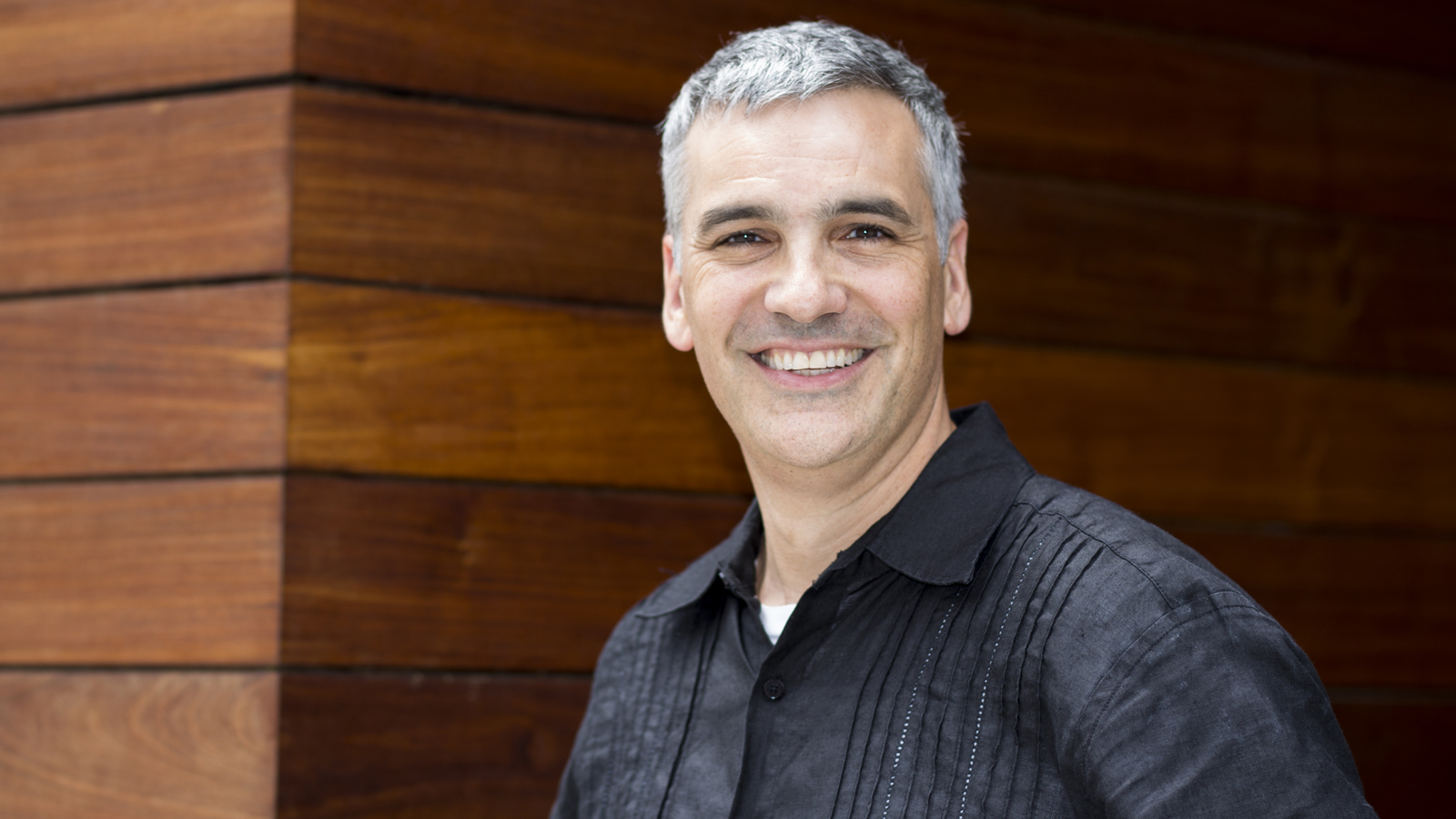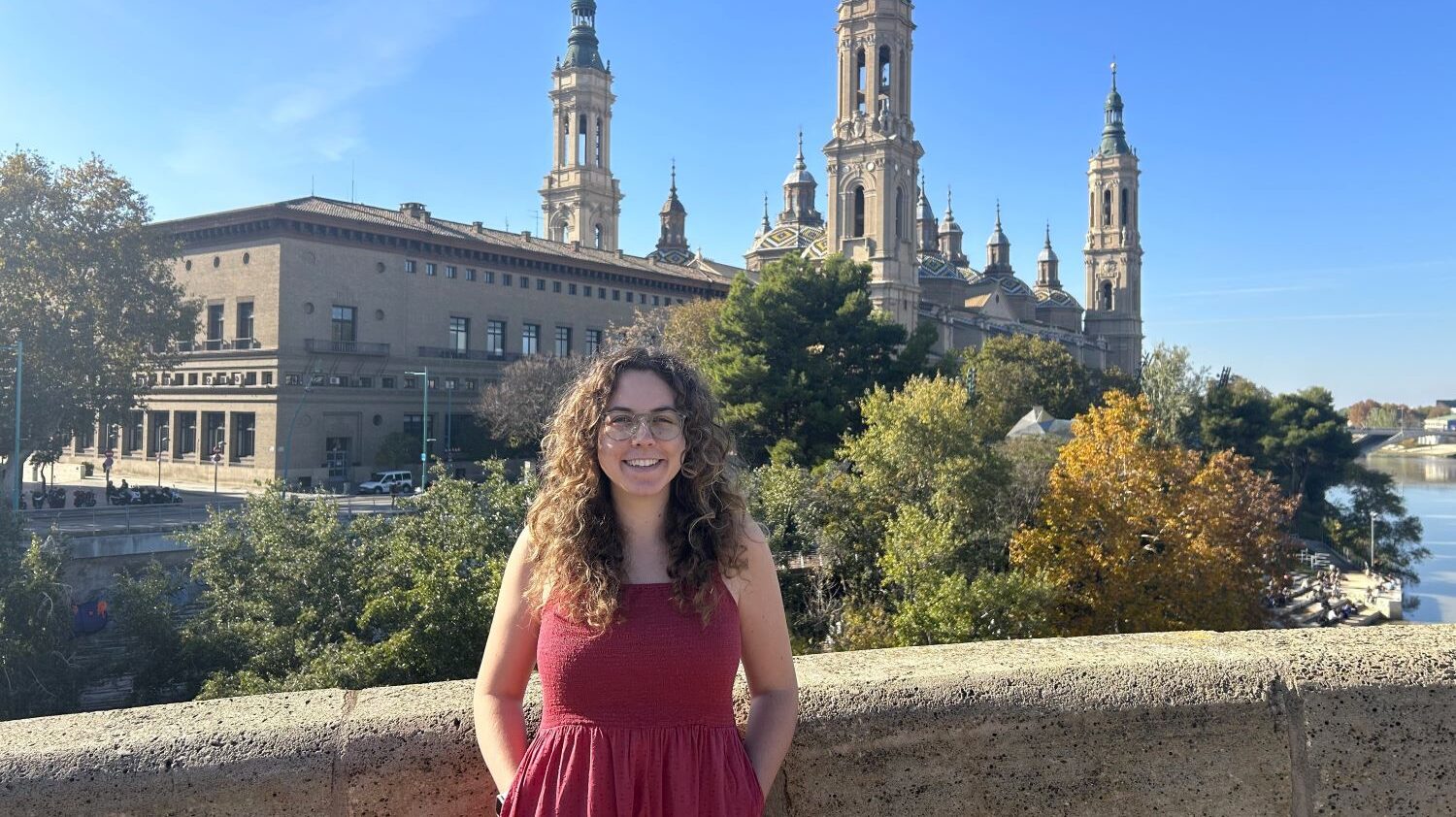History Professor Named National Humanities Center Fellow

NC State history professor Matthew Booker will continue to examine the evolution of food production in American cities during a year-long fellowship at the National Humanities Center.
The center named Booker to a select group of national and international scholars who will serve as resident fellows during the 2016-2017 academic year. During his stay, Booker will work on a book project that revolves around the environmental history of the oyster and the city, a food biography that he said tells a much larger story.
“The largely forgotten history of urban aquaculture provides an important window into the transformation of the American diet, the growth of American cities, and the changing conceptions of food safety that were a result of industrial growth,” Booker said. “It reveals what people ate, where food was produced and why the city became a place solely for consumers, not for food producers.”
The National Humanities Center, located in the Research Triangle Park, offers 40 residential fellowships each year for the advanced study in the humanities. Booker, an associate professor of environmental history, was selected from a pool of nearly 450 applicants. He joins a group of 20 NC State humanities scholars who have also served as fellows since 1978.
A faculty member in NC State’s Department of History since 2004, Booker’s research examines the intersection between human beings and the natural world in North America. His specific focus is on coastal cities. For more information on his work, visit Booker’s faculty page.
English professor James Mulholland will also be in residency at the National Humanities Center next year, through an American Council of Learned Societies Frederick Burkhardt Residential Fellowship. The fellowship program provides scholars funding for research and residency at 13 humanities centers across the globe, including the NHC.


